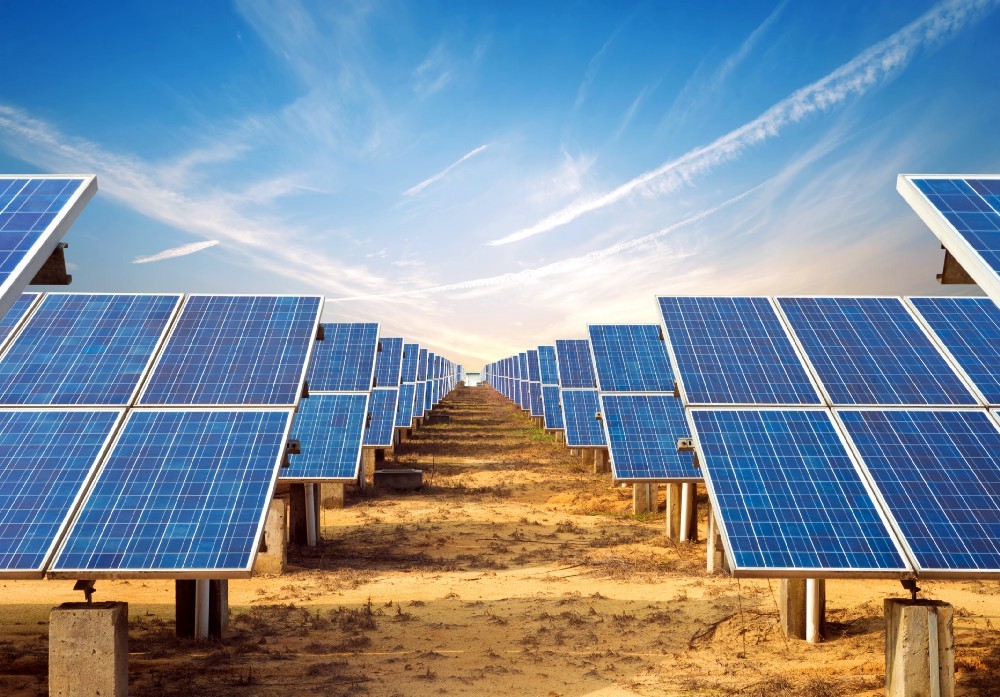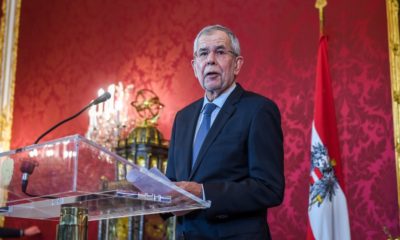Business
From Diesel to Renewables: UK-Africa Partnerships Target Cleaner Power at London Climate Week

ZE-Gen initiative showcases African-led clean energy solutions replacing generators in SMEs, hospitals, and beyond
A major shift in Africa’s energy future took centre stage at London Climate Action Week, where British and African innovators showcased game-changing projects aimed at replacing diesel generators with cleaner, more reliable alternatives.
The event, titled ZE-Gen: Powering Productivity, Accelerating Investment, spotlighted cross-continental collaborations designed to wean emerging markets off fossil fuel dependence. These partnerships, funded by both the UK government and philanthropic actors like the IKEA Foundation, are proving that off-grid doesn’t have to mean left behind.
Turning the Tide on Generator Dependence
Across much of sub-Saharan Africa, diesel generators are the default lifeline for businesses, hospitals, and telecom towers. But they come with steep costs: financially, environmentally, and physically—causing everything from respiratory issues to hearing loss.
“It’s not just about energy. It’s about health, productivity, and economic opportunity,” said Rachel Kyte, UK Special Representative for Climate, at the ZE-Gen event.
Despite the fact that emerging markets host nearly two-thirds of the global population, they receive only 15% of clean energy investment. ZE-Gen is determined to flip that statistic on its head.
What Is ZE-Gen?
ZE-Gen, a joint initiative of the Carbon Trust and Innovate UK, is designed to accelerate investment and innovation in zero-emissions power solutions. The initiative is active in countries such as:
-
Ivory Coast
-
Malawi
-
Nigeria
-
South Africa
-
Uganda
-
United Kingdom
To date, ZE-Gen has helped mobilise £39.75 million in clean energy investments. More than 35 projects have already been deployed across Africa and Asia, offering a blueprint for scalable, off-grid renewable power solutions that serve healthcare facilities, SMEs, telecom networks, and even humanitarian operations.
Real-world Results and Global Reach
The solutions being implemented include:
-
Solar-powered cold storage for rural clinics
-
Battery-powered microgrids for small businesses
-
Hybrid systems for telecommunications towers
-
Clean energy hubs supporting humanitarian logistics in remote regions
These innovations aren’t just proof-of-concept, they’re operational, replicable, and changing lives.
A Unified Front: Health, Finance, and Technology Sectors Weigh In
Speakers at the event brought perspectives from diverse sectors, reinforcing the idea that clean energy access is a global, multi-sector challenge. They included:
-
World Health Organization
-
Vodafone
-
Mirova Asset Management
-
Tony Blair Institute
-
Sustainable Energy for All (SEforALL)
The message was clear: this isn’t just about solar panels or microgrids—it’s about unlocking prosperity in regions long underserved by energy infrastructure.
Bridging the Energy Investment Gap
ZE-Gen’s mission is to de-risk early-stage innovation, especially in regions where access to capital is limited and the cost of renewable tech remains a barrier. By supporting local delivery models and providing early funding, the initiative is working to level the playing field for African innovators.
As countries across Africa continue to struggle with unreliable electricity grids and the economic drag of generator reliance, projects like ZE-Gen may hold the key to a cleaner, healthier, and more equitable energy future.
“The potential is massive,” said one Nigerian startup founder attending the event. “What we need now is the momentum and support to scale.”
And judging by the excitement at London Climate Week, that momentum is building.
{Source: Capitalfm}
Follow Joburg ETC on Facebook, Twitter , TikTok and Instagram
For more News in Johannesburg, visit joburgetc.com



















